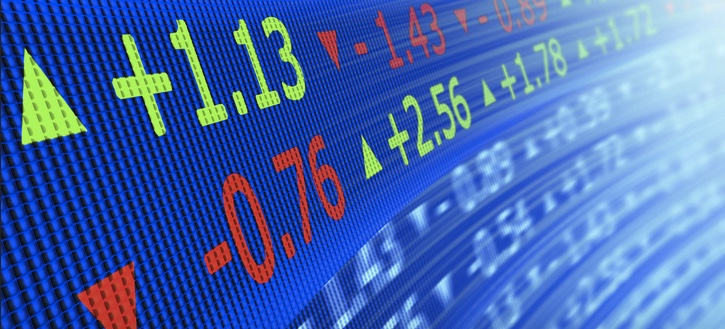The coronavirus outbreak ended one of the longest winning streaks in market history on Wednesday as the Dow Jones industrial average plunged and global policymakers grappled with the growing economic crisis.
The Dow closed with a loss of nearly 6 percent. That brought the decline from its most recent peak to more than 20 percent, the threshold that defines a bear market, after the Dow’s 11-year run in bull-market territory.
The broader S&P 500 was off nearly 5 percent for the day, though down less than 20 percent from its peak less than a month ago. On Thursday, stocks in the Asia-Pacific region again fell broadly, with shares in Japan down more than 5 percent at midday. Futures markets signaled grim news for Wall Street.
The full economic toll of the outbreak will not be clear for months. But there is mounting evidence that it will be severe.
Airlines are warning of empty planes and huge financial losses. A sharp drop in oil prices is threatening to put energy companies out of business and thousands of American drillers out of work. Supply-chain bottlenecks are forcing factories around the world to cut output, even as a slump in consumer confidence is raising doubts that there will be demand for their goods once production resumes.
Policymakers on both sides of the Atlantic appeared unwilling or unable to mount an aggressive response to the crisis. A rate cut by the Federal Reserve last week failed to calm financial markets. A similar move by the Bank of England on Wednesday was equally ineffectual.




